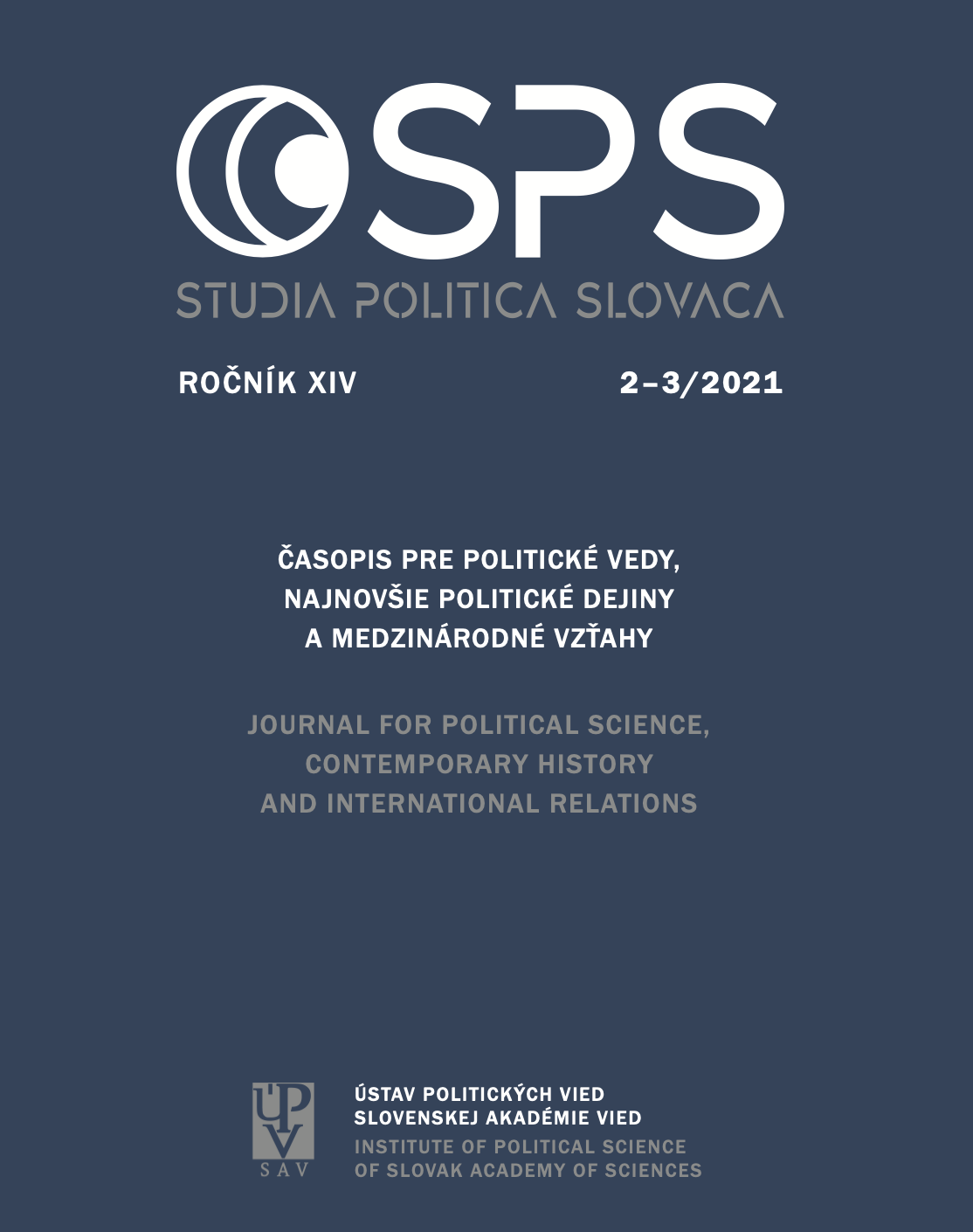Populism and Social Media: an Introduction into Meta-Theory
Populism and Social Media: an Introduction into Meta-Theory
Author(s): Andrej ŠkolkaySubject(s): Media studies, Politics and communication, Theory of Communication
Published by: Ústav politických vied Slovenskej akadémie vied
Keywords: populism; social media; populist communication; populist networks; media and communication theories;
Summary/Abstract: In the introduction, we discuss theories and theoretical perspectives on social media. On the one hand, we show some problematic aspects of emerging theories and theoretical perspectives and on the other hand, we show the relative usefulness of some older communication and sociological theories. Then we briefly discuss populism from communication and sociological perspectives. In the next part, we provide an overview of theories and theoretical and empirical perspectives on the role played by social media, and in particular FB, in communication of populist political parties and leaders. We discuss structural opportunity factors for populist communication and summarise findings that confirm that different types of social media have different impacts in political communication by populists as well as among different audiences. There also is consensus that social media do not cause populism but rather create an opportunity for easier, cheap and fast dissemination of populist messages. Furthermore, we identify theories and findings related and relevant to networks in general, and political networks on social media in particular. Finally, we present an emerging theory on populism and social media.
Journal: Studia Politica Slovaca
- Issue Year: XIV/2021
- Issue No: 2-3
- Page Range: 5-21
- Page Count: 17
- Language: English

